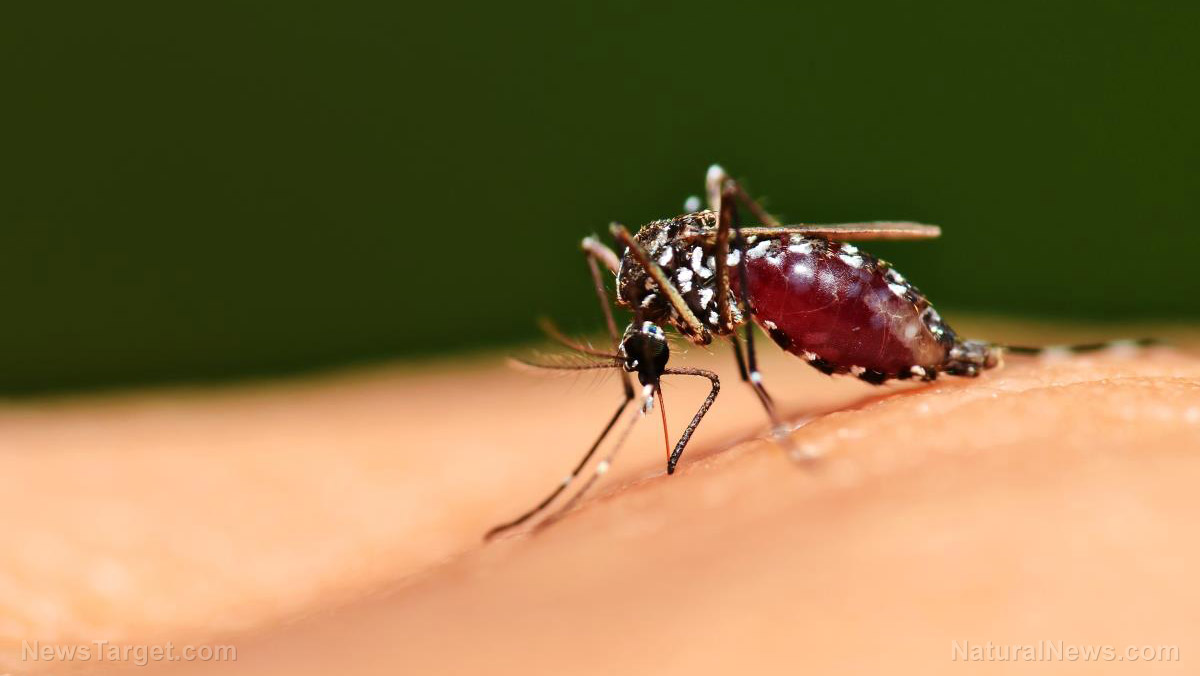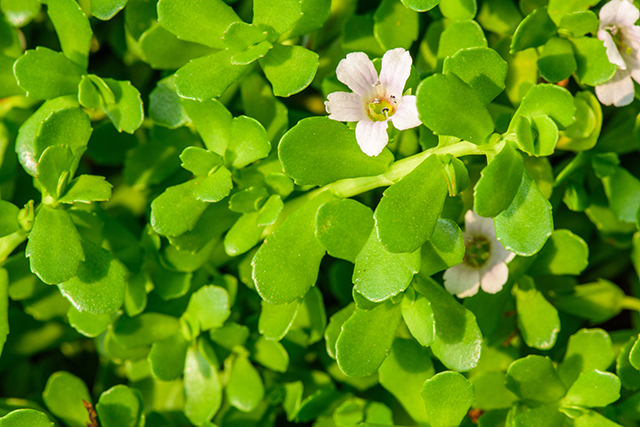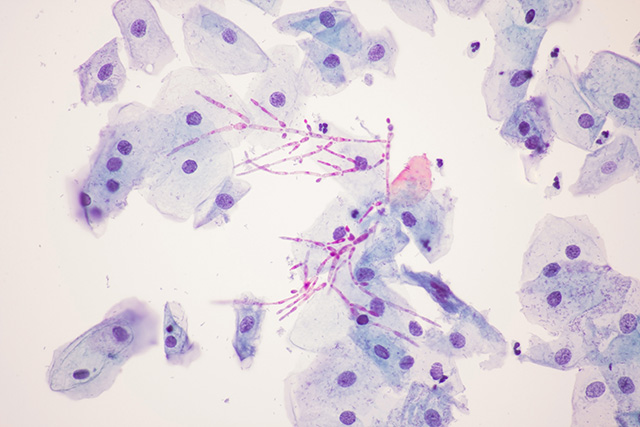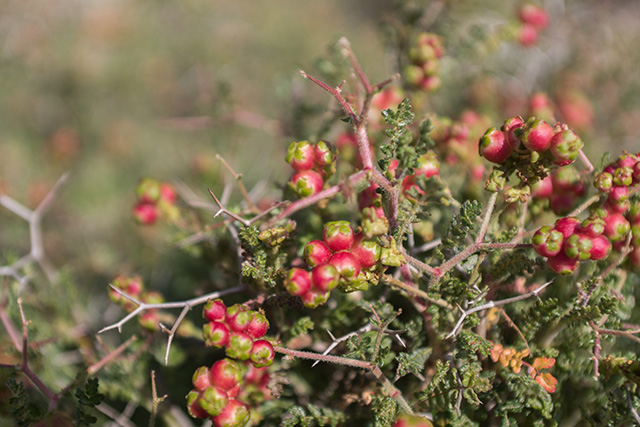05/31/2017 / By Russel Davis
Mosquitoes are likely to be the first thing that comes to your mind when insect-related diseases are discussed. Is it really a wonder, considering mosquito-borne diseases have shown significant prevalence over the past decades? According to the World Health Organization (WHO), the global incidence of dengue showed a 30-fold increase over the last 30 years. Additionally, the organization noted that more than 2.5 billion people in more than 100 countries are at an increased risk of contracting the illness. The organization also revealed that malaria was associated 438,000 deaths worldwide in 2015 alone.
Cultivating various plants that readily repel unwanted insects may help prevent these outbreaks. Below are 10 of the most powerful natural insect repellents that help stave off disease-causing mosquitoes.
- Citronella – Essential oils and extracts derived from citronella are found to effectively repel mosquitoes. The plant has gained greater popularity among many commercial repellents as of late. Citronella is also noted for its low-maintenance cultivation. However, it is advised to bring the plant indoors before the first frost arrive, as the plant may not thrive well in colder months.
- Lavender – Humans have loved lavender’s attractive flower and fresh, pleasant scent. However, the flowers’ aroma is too much for the vectors. Aside from mosquitoes, lavenders are also known to repel moths and flies.
- Basil – This pasta staple is found to be detrimental to mosquito larvae. In fact, a 2009 study published in the Journal of Asia-Pacific Entomology revealed that crude carbon tetrachloride, methanol, and petroleum ether extracts taken from basil leaves were highly effective larvicides against anopheles and culex mosquito larvae.
- Sage and Rosemary – Like basil, these herbs are known to repel mosquitos. Rosemary’s woody scent and its essential oils are found to be powerful natural mosquito repellent. You may also toss a few handfuls of sage to a fire to produce scented smoke that the insects hate.
- Lemon balm – The plant contains a strong lemon scent that deters mosquitoes. However, this plant was known to be an invasive species and may require careful attention lest it will take over the garden.
- Mint – Mint’s strong aroma — which comes from its leaves, as well as stems and flowers — was found to readily repel mosquitoes. Mint oils are also known to ease bug bites. You can make a powerful natural repellent by incorporating essential oils from mint with apple cider vinegar and vodka.
- Catnip – While a natural feline favorite, this plant is found to do the exact opposite for mosquitoes. Another member of the mint family, essential oils from catnip were about 10 times more effective compared with commercial repellents.
- Peppermint – Like all members of the mint family, peppermint is also found to be a potent mosquito repellent. Essential oils extracted from peppermint were known to keep unwanted insects at bay.
- Citrosum – This perennial plant is widely-regarded as the “Mosquito Repellant Plant.”
- Various flowering plants – A wide variety of flowering plants are also known to effectively repel the disease-causing insect. Scented geraniums and pennyroyal are touted as garden staples that may inhibit the propagation of mosquitoes. Other flowering plants that fend off mosquitoes include marigold, allium and petunia as well as chrysanthemum and nasturtium.
Support our mission and protect your health: Organic Seeds of Life combines Red Raspberry Seed Power, Black Cumin Seed Power and Red Grape Seed Powder into the most potent nutrient-rich supplemental superfood powder you've ever experienced. Loaded with flavonoids, antioxidants, anthocyanins, OPCs, ALA and a vast array of vital nutrients. Learn more here.
According to the WHO, dengue and other diseases such as Zika, chikungunya and yellow fever get transmitted to humans by the Aedes aegypti mosquito. The WHO cautioned that more than half of the total global population reside in regions where the Aedes species can be found On the other hand, the anopheles mosquito was known to cause malaria infection. In addition, the culex mosquito was found to transmit the West Nile virus. The organization also highlighted the importance off sustained mosquito control programs in order to prevent the outbreaks of vector-borne diseases.
Sources include:
WHO.int 1
WHO.int 2
OrganicAuthority.com
CountryLiving.com
MNN.com
ScienceDirect.com
Receive Our Free Email Newsletter
Get independent news alerts on natural cures, food lab tests, cannabis medicine, science, robotics, drones, privacy and more.



















